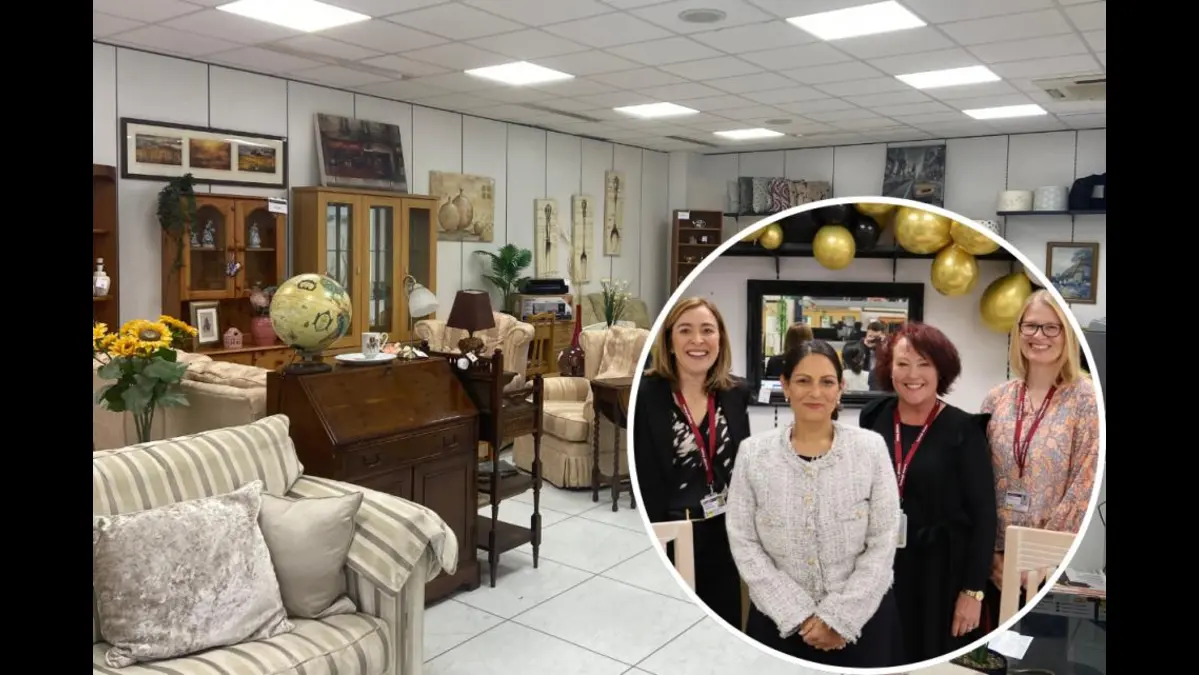Introduction to the Zola Hospice Fraud Case
The Zola Hospice fraud case has sent shockwaves through the healthcare community, raising serious questions about ethics and accountability in hospice care. For many families, hospice services are a beacon of hope during some of life’s most challenging moments. But what happens when that trust is shattered? As allegations emerge against zola hospice fraud regarding fraudulent practices, patients and their loved ones find themselves at the center of a complex legal storm. This blog post will unpack the details surrounding this troubling case and explore its profound implications for those seeking compassionate end-of-life care. Let’s dive into what you need to know about the impact on patients and families caught in this distressing situation.
What is Hospice Care and How Does It Work?
Hospice care focuses on providing comfort and support to individuals with terminal illnesses. It prioritizes quality of life over curative treatments. Patients receive holistic care that addresses physical, emotional, and spiritual needs.
The process typically begins with a comprehensive assessment by a team of healthcare professionals. This team includes doctors, nurses, social workers, and chaplains who collaborate to create personalized care plans.
Services are delivered at home or in specialized facilities. Pain management and symptom control are key components. Family members also receive education and guidance throughout the journey.
Emphasis is placed on maintaining dignity while ensuring that patients feel supported zola hospice fraud during their final stages of life. Emotional counseling for families helps them navigate this challenging time together.
The Allegations against Zola Hospice
The Zola Hospice fraud case has raised serious concerns within the healthcare community. Allegations suggest that the organization engaged in deceptive practices to maximize profit at the expense of patient care.
Investigators claim that Zola Hospice improperly categorized patients as terminally ill. This allowed them to receive higher reimbursements from Medicare and Medicaid. Many families felt pressured into choosing hospice services without fully understanding their options.
There are reports that staff members misrepresented the level of care provided. Patients, who believed they would receive compassionate support, often found themselves receiving inadequate services instead.
These accusations not only undermine trust in hospice care but also put vulnerable individuals at risk during an already challenging time in their lives. Families are left grappling with questions about ethical standards and accountability in end-of-life care situations.
Impact on Patients and Families
The Zola Hospice fraud case has cast a dark shadow over the hospice care system. Many families relied on their services during some of life’s most difficult moments.
Patients expected compassion and quality care, but allegations suggest that not all practices were above board. This breach of trust can lead to feelings of betrayal for families who thought they were making the right choices.
When financial motives overshadow patient well-being, it creates an environment rife with zola hospice fraud anxiety. Families may struggle with guilt, wondering if they made the wrong decision by choosing Zola.
Additionally, this situation raises questions about access to proper care in future scenarios. Trust is vital in healthcare; without it, individuals might hesitate to seek necessary support when facing terminal illnesses. The emotional toll cannot be understated as families navigate these challenges while trying to honor their loved ones’ wishes amidst uncertainty.
Legal Actions Taken Against Zola Hospice
Legal actions against Zola Hospice have unfolded rapidly since the fraud allegations came to light. Authorities launched investigations, leading to significant scrutiny of their operations.
Federal and state agencies are involved, probing into fraudulent billing practices. Whistleblowers have stepped forward, providing evidence that supports these claims.
Lawsuits filed by affected families highlight emotional distress caused by misleading services. These legal battles aim not only for compensation but also accountability for unethical behavior in end-of-life care.
Additionally, regulatory bodies are reviewing certifications held by Zola Hospice. This could impact their ability to continue operating if violations are confirmed.
As this situation develops, many are watching closely how it may reshape regulations in hospice care across the nation. Families deserve transparency and honesty during such vulnerable times; ensuring justice is crucial as these proceedings unfold.
Steps to Protect Yourself or Your Loved Ones in Hospice Care
Navigating hospice care can be daunting, especially amidst troubling news like the Zola Hospice fraud case. Awareness is key.
Start by researching providers thoroughly. Look for reviews and zola hospice fraud testimonials from other families. Transparency in operations often indicates reliability.
Establish clear communication with healthcare teams. Don’t hesitate to ask questions about care plans or billing practices.
Involve family members in decisions regarding care options. Having multiple perspectives ensures a well-rounded approach to your loved one’s needs.
Keep meticulous records of all interactions with hospice staff. Document any discrepancies you observe, whether related to treatment or financial matters.
Consider seeking legal advice if anything seems amiss during your experience. Knowing your rights empowers you as an advocate for your loved one’s welfare.
Stay informed about local regulations surrounding hospice services, as these can vary significantly between states and facilities.
Conclusion
The Zola Hospice fraud case raises significant concerns for patients, families, and the broader healthcare community. As allegations unfold and legal actions progress, it’s crucial to recognize the impact of such fraudulent practices on vulnerable individuals seeking compassionate care during their final days.
Understanding hospice care is essential. It aims to provide comfort and support rather than curative treatment. Unfortunately, cases like this highlight how that mission can be compromised when organizations prioritize profit over ethical standards.
Families affected by the alleged misconduct at Zola Hospice face not only emotional turmoil but also confusion about what constitutes genuine hospice care. The erosion of trust in these facilities can lead many to question whether they are receiving adequate support for their loved ones during an already difficult time.
Legal repercussions against zola hospice fraud serve as a reminder of accountability in healthcare practices. Investigations into these claims may help illuminate systemic issues within other providers as well, ensuring justice for those wronged and promoting necessary changes across the industry.
For families navigating hospice options, awareness is vital. Being proactive means asking questions about services provided and verifying credentials—taking steps to safeguard your loved ones from potential exploitation is more important now than ever before.
In light of all that’s occurred surrounding the Zola Hospice fraud case, it becomes evident that vigilance is key as we advocate for transparency in end-of-life care decisions. Empathy should remain central to our approach while striving toward better protections against malpractice in this sensitive area of healthcare.




